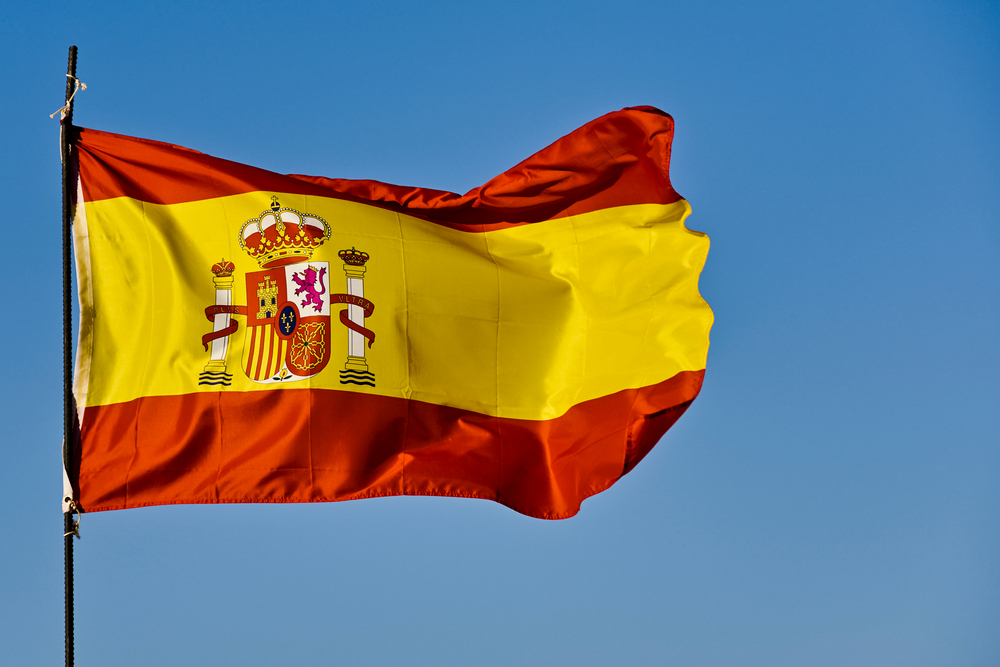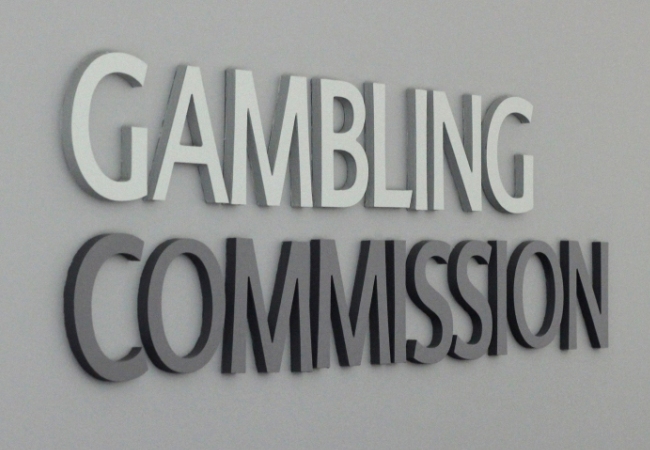Spain’s Council of Ministers has approved new laws relating to gambling advertising, ushering in a new era for gambling in Spain.
Spain’s Council of Ministers has approved the formal passage of the “Royal Decree on Advertising” dramatically changing the future of gambling in Spain.
This comes after the European Gaming and Betting Association (EGBA) branded the laws as “discriminatory” on Monday.
The Royal Decree on Advertising
The new regulations are intended to significantly reduce minors’ exposure to gambling advertising and messaging.
In order to do this, the regulations will ban sponsorship deals with gambling operators. Last week, Minister of Consumer Affairs Alberto Garzón explained that existing sponsorship deals will be allowed to continue until the end of the current Spanish football season.
On top of this, gambling advertising on TV and radio platforms will be restricted to a “night time window of 1-5 am.” During this time all gambling advertising, excluding the ONCE and SELAE lotteries, will be able to broadcast.
The restrictions will also extend to video content on platforms like YouTube and on other special media platforms, gambling operators will only be allowed to share advertising messages with their followers.
Gambling businesses will have to ensure that all online advertising content is age-gated to ensure minors are not exposed.
In addition to the new advertising measures, promotional bonuses will be prohibited however, operators will still be able to provide existing verified customers with promotions and bonuses.
The wait is over for Spanish operators
The passage of Spain’s new advertising regulations concludes a year-long wait for the Royal Decree to receive passage into federal law. Gambling operators in the country were informed last year of the upcoming drastic changes to advertising ahead of the country’s third consecutive General Election.
Proposed measures were first published in February this year with an exception to the TV and radio rules for sports broadcasts. These rules also permitted sports sponsorships and bonuses for new customers.
However, in July the proposed rules were amended to include several new measures that were initially only introduced temporarily as a way of protecting young players during the coronavirus pandemic.
Garzón was responsible for drafting the new amendments to the Decree and it is reported that he was instructed that Spain should hold the strictest online gambling advertising measures alongside Italy. In 2018, Italy introduced a blanket ban on all gambling advertising.
When introducing the rules, the Spanish government claimed that the amount spent on gambling advertising tripled in the past four years. In addition to this, there was an increase in the number of people aged 18-25 gambling.
According to the government, in 2019 40% of new gambling customers came from the 18-25 demographic, up from 28% in 2017.
Royal Decree faces criticism
The measures outlined in the Royal Decree have come under fire from the gambling industry and described as disproportionate and being guided by political beliefs rather than evidence.
Following the passage of the new restrictions, Jdigital, an industry body which accounts for more than 80% of Spain’s online gambling licensees, said the measures are likely to lead to an increase in illegal gambling.
In a statement, Jdigital said: “[We] are afraid that the regulation proposed by the Ministry of Consumer Affairs may have the opposite effect to that intended since it implies such a disproportionate restriction of the advertising activity of legal operators that it is comparable, in practice, to a prohibition.
“This will mean, as has happened in other countries where similar measures were adopted, the foreseeable increase in the activity of unlicensed operators, which will have dire consequences in terms of the protection of vulnerable groups.”
The industry body said that the Spanish gambling space had long been welcoming of gambling regulations, which was evidenced by Jdigital’s voluntary code of conduct introduced in January this year.
The body added that Jdigital members have also complied with the pan-European standards coordinated by the EGBA.
Jdigital also said that there was little evidence of gambling harms that needed to be addressed by the new measures. On top of this, the body said that Garzón had said himself that the government did not have the data to back up its claims. Jdigital also cited studies which claimed that Spain’s rates for problem gambling were one of the lowest among legal regulated markets.
Jdigital concluded by saying: “In short, at Jdigital we consider that the Royal Decree on Commercial Communications of Gambling Activities approved today by the Council of Ministers is discriminatory, unfair and disproportionate.[Especially] in a market in which online gambling is a legal activity and already highly regulated and where the incidence rate of problem gambling has remained stable at 0.3% of the population between 15 and 65 years of age since 2015, being one of the lowest in Europe[…].”






